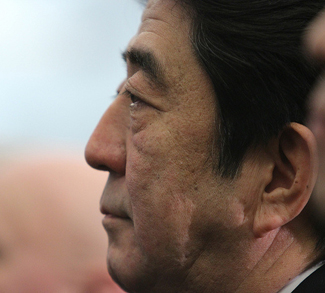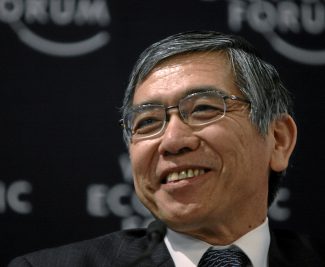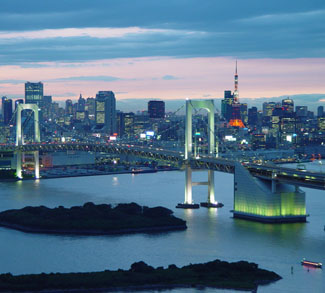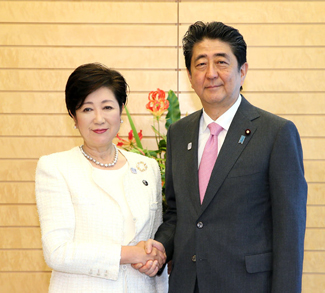The decision by Bank of Japan (BOJ) Governor Haruhiko Kuroda to adopt a negative interest rate caught many off guard. It’s also proving to be incendiary in the domestic political context. Prime Minister Shinzo Abe has faced a number of attacks from opposition politicians in the days following Kuroda’s gambit, and the attacks are gathering steam given the state of Japanese equities over the past week.
The Nikkei 225 is down around 8.5% so far in what has been a dismal week for global equity markets.
In many ways, Kuroda’s foray into negative rate territory is a question of bad timing. The downward push on the yen that his extreme easing stance was seeking to achieve has since been negated by the state of the wider global economy. Volatility has spiked in equity markets around the world, causing an investor flight to the perceived safety of the yen. This has caused the yen to appreciate sharply against the dollar to the detriment of exports in what is overwhelmingly an export-driven economy.
This is all bad news for an Abe government that needs to salvage anything it can from the central bank-juiced economic recovery of the past few years. The OECD found “signs of easing growth” in Japan in a report released last week, and there are signs suggesting an economic contraction in the final quarter of 2015 (the numbers will be released on February 15).
Wage growth – another of the original goals of Abenomics – has also disappointed, increasing just 0.1% over 2015. To put this into context, BOJ board member Yutaka Harada declared in 2015 that an annualized rate of 3% wage growth would be required to achieve the central bank’s 2% inflation goal. The government has fallen short by a long shot.




